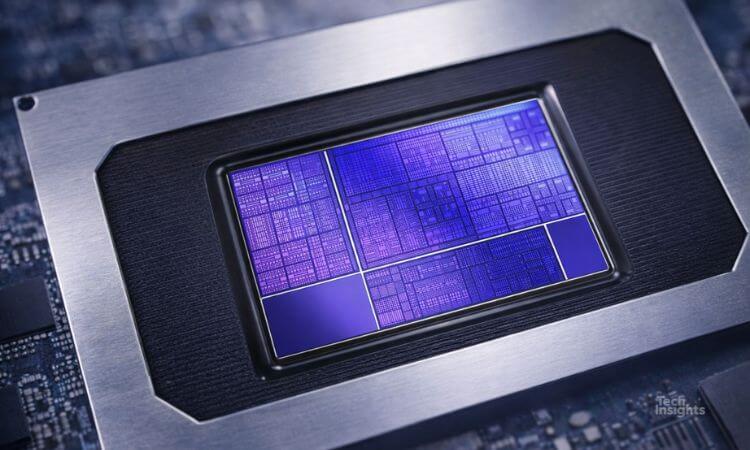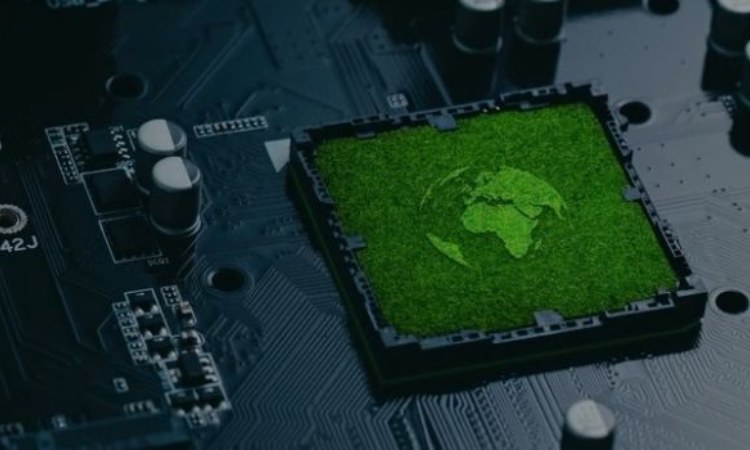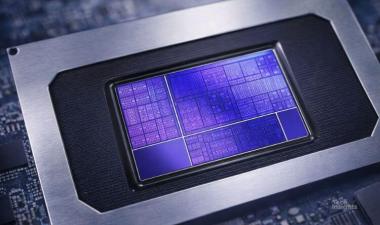TetraMem Touts In-Memory DLA
The Silicon Valley startup uses a new type of memristor to perform analog math for deep-learning acceleration. It provides nonvolatile storage and performs low-power AI computations.

Tom R. Halfhill
HP Labs startled the engineering world in 2008 by announcing the first memristor, a fundamental circuit element originally theorized in 1971. Now, a Silicon Valley startup is touting a different type of memristor that uses physical laws to perform analog math for power-efficient neural-network processing. Instead of trying to develop discrete memristor-based memory, TetraMem has created a materially different “computing memristor.” Together with other elements, it provides nonvolatile neural-network storage and performs in-memory inference processing.
TetraMem has built three successive test chips since its founding in 2018. Another is in progress for tapeout late this year. Although that chip is also mainly a proof of concept, the company hopes to sample it to customers next year while developing a commercial deep-learning accelerator (DLA) for small-volume production in 2024.
The initial target is systems that need a power-efficient low-latency DLA at the network edge. Smart clients are the ideal goal, because they’re high-volume products that employ local inference to eliminate the network latency of cloud processing while protecting user privacy. Other potential applications are robotic vision, security-camera face recognition, smart sensors in medical equipment, environmental awareness in AR/VR goggles, and automotive-sensor processing. Because TetraMem’s initial strength is power efficiency, not necessarily faster processing, it’s best suited to pretrained edge inference in battery-powered mobile systems.
Although the company’s progress is impressive—some startups can’t manage one tapeout in four years—it has much work to do. It’s still developing its software and tools, and it employs only about 30 people, including part-timers. TetraMem’s cofounders are Glenn Ge (CEO), Qiangfei Xia, Miao Hu, and Joshua Yang. Ge delivered the company’s debut presentation at the recent Linley Spring Processor Conference.
Free Logic Newsletter
Get the latest analysis of new developments in microprocessors and other semiconductor products.
Subscribers can view the full article in the TechInsights Platform.
You must be a subscriber to access the Microprocessor Report
If you are not a subscriber, you can purchase a subscription or you can purchase an article. Enter your email below to contact us about access.









